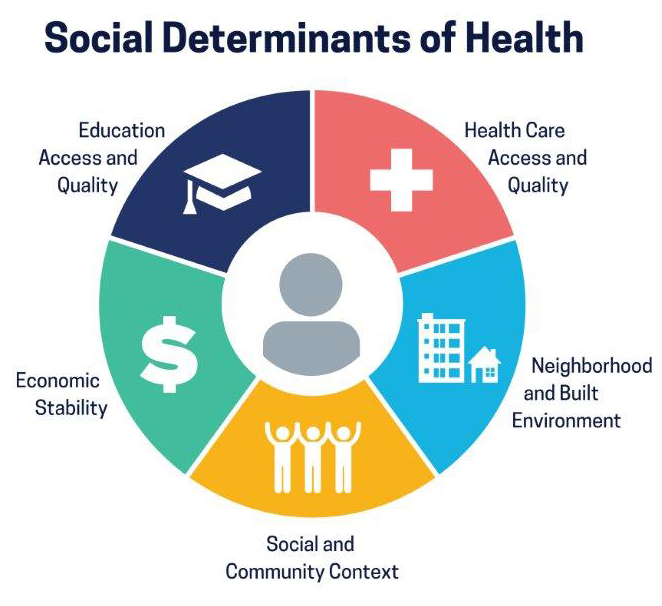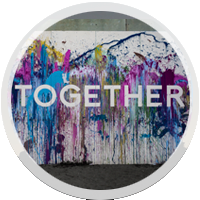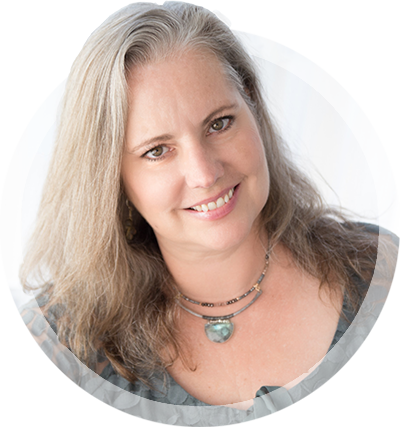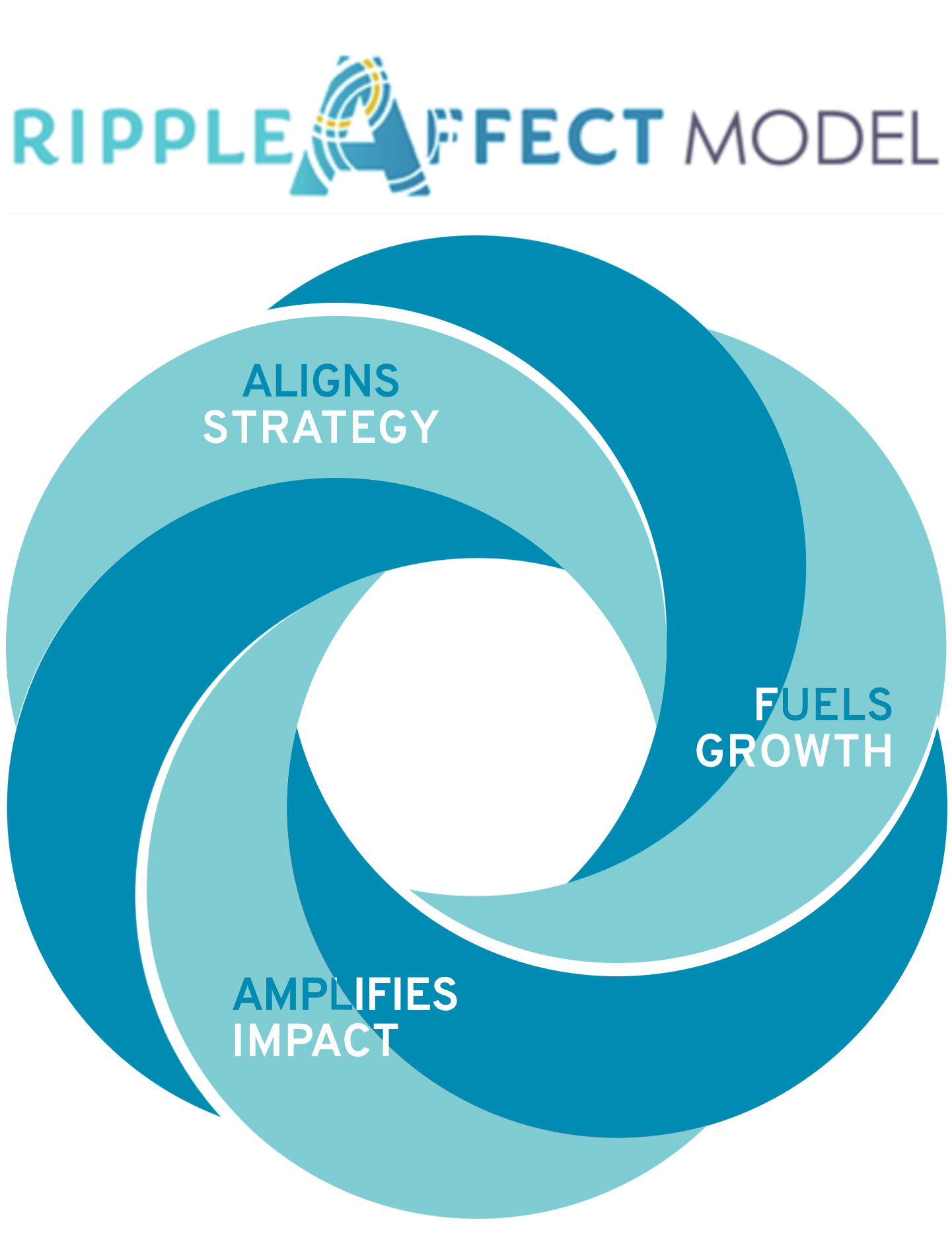Affecting Positive Change

When I think about affecting positive change, I think about things like no one in America should have to be hungry or homeless. That health is more than access, it’s about achieving wellbeing. And that all kids see their unique gifts, expand what they think is possible for themselves, and find a path to get them there, whether that’s college, the trades, the military or something else.
Over the last decade I’ve thought a lot about the Social Determinants of Health. While first exposed to this framework when I worked in healthcare, I quickly realized they were many of the same barriers that prevented first-generation college attenders from graduating when I worked in higher ed.
Continue reading “Affecting Positive Change”I Re-Think, therefore, I Am
When the same thing comes up 3 or 4 times in a short period, I believe it’s the Universe (or God or you’re the Collective Unconscious) telling you something. Since it’s the week of Halloween (from the Celtic holiday Samhain), Dia de los Muertos, and All Souls Day, perhaps it was an ancestor telling me to pay attention.

So, what is this recurring message?
I’d say the theme is, ‘change your thoughts, change your experience.’
First, my friend and talented sales coach, Liz Wendling, posted a short comment yesterday. “You become a master of your life when you learn now to control where your attention goes. Value what you give your energy and time to.” This resonated with me because as I’ve gotten to know leaders who I find inspiring and authentic, I’ve learned they do this. When I do it consistently, when I live and lead with values-alignment, meaningful conversations, relationships and work fill up my days.
Continue reading “I Re-Think, therefore, I Am”Stop Penalizing the Social Sector for being Successful

While I started my career working for family firms in NY’s fashion industry and now run my own business, the middle 25 years were dedicated to serving in the social sector (I prefer to call the sector by what it is, social, not by its IRS nonprofit tax status).
When working in the social sector, I found myself repeating what leaders I admired said. Expressions like, “Nonprofits should run more like businesses,” and, “.80 cents on every dollar should go directly to programs.” Yet over time, I saw the contradiction in these beliefs.
Continue reading “Stop Penalizing the Social Sector for being Successful”Why do we use “Soft Skills” for the Most Difficult Abilities to Master?

To answer this question, let’s look at hard and soft skills. Hard skills have traditionally been knowledge-based, technical skills, like accounting and economics, environmental analysis and programming. These skills can be taught in more of a one-size fits all, replicable way. Soft skills like active listening, empathy, humility, mindfulness, self-regulation and communication, lend themselves to practice and are cultivated over time.
If you ever wondered what kind of job a certain college major could get with that degree, the degree was likely in a soft skills area. Soft skills are grounded in social intelligence whereas hard skills are rooted in STEM fields and cognitive intelligence.
Continue reading “Why do we use “Soft Skills” for the Most Difficult Abilities to Master?”What is Poverty?

I continue to grapple with the question, “What is Poverty?” The contrast I perceive between the contentment found among many living in 3rd world countries compared with the dissatisfaction of many Americans who live in one of the richest countries and times in human history – has led me to economics.
The concept of scarcity and self-interest to access limited resources is attributed to Adam Smith’s Wealth of Nations, which was published in 1776 as America became a nation. The greed we’ve sometimes seen from people on Wall Street and in other organizations makes sense in a context of extreme scarcity.
Continue reading “What is Poverty?”What Makes Transformation Work?
My graduate thesis explored the difference between change and transformation. Change is fickle. I change my shoes when I get home from work to a more comfortable pair. I could put on stilettos to make dinner, but typically don’t. Transformation expands how we see the world – we can’t go back to who we were or to our former world view.

Ice changes to water when it’s heated, and to steam if enough heat is applied. If the heat is removed and cold persists, in time the water will revert back to ice.
But a butterfly can’t go back to being a caterpillar.
Continue reading “What Makes Transformation Work?”To Break the Cycle of Poverty, don’t we first need to Remove Systemic Barriers?

In previous articles I’ve posed the question, “What is Poverty?” When visiting what we call third-world countries, I’ve been particularly taken by witnessing a level of abject poverty rarely seen in the U.S., yet often finding more smiling faces and less anxiety and depression than I see among even middle-class Americans. A totally subjective observation on my part, but one I’ve heard echoed by other travelers.
This might also be an observation and comment about poverty for which I was comfortable. Because as Tamra Ryan, the CEO of the Women’s Bean Project and author of The Third Law points out, there are a lot of us in the U.S. who are more comfortable looking at poverty in other countries than seeing it down the street from us. I’ve been one of those people, I’m afraid. It’s been easier to see the Girl Effect as investment needed in other countries, but I didn’t want to admit that much of what keeps people in poverty are the systemic barriers to getting out of it, and cultural systems for which I as a white woman in America have benefited. Ryan’s self-revelation is helping me start to see my own.
Continue reading “To Break the Cycle of Poverty, don’t we first need to Remove Systemic Barriers?”If you want your business to Climb High, are you prepared to Go Low to get there?

If you’re striving to sustain growth or want to get more colleagues up the mountain with you, you may be ready to go beyond being effective to leading and influencing others. It’s not easy and requires developing comfort with discomfort. Should you want help, the Ripple Affect would be honored to guide you using our independent approach for developing Strategic Alignment, Affective Leaders and Meaningful Impact.
When I told the first dozen people I named my consulting practice the Ripple Affect, they all responded with a sound – not a hmmm? in confusion, but a declarative hehh! Something clicked. Yet when I began handing out business cards, people looked at me like, ‘poor dear, effect is spelled wrong.’
Continue reading “If you want your business to Climb High, are you prepared to Go Low to get there?”




